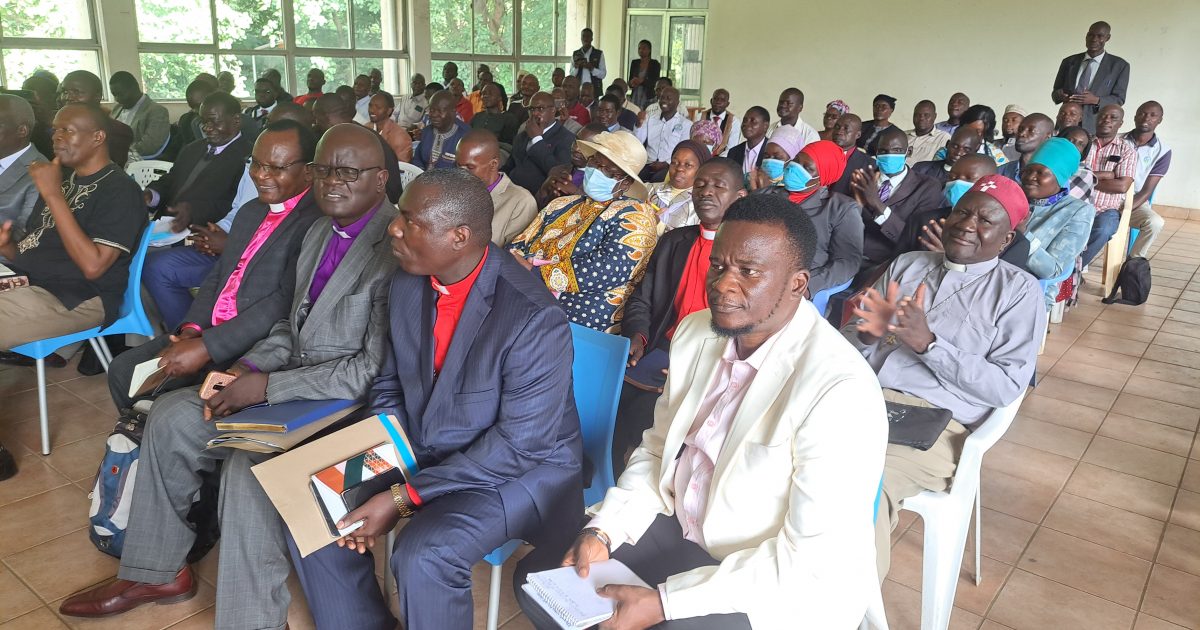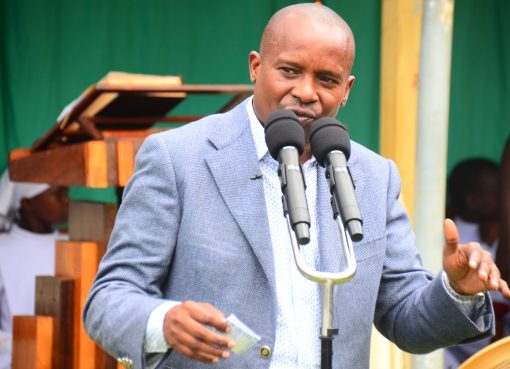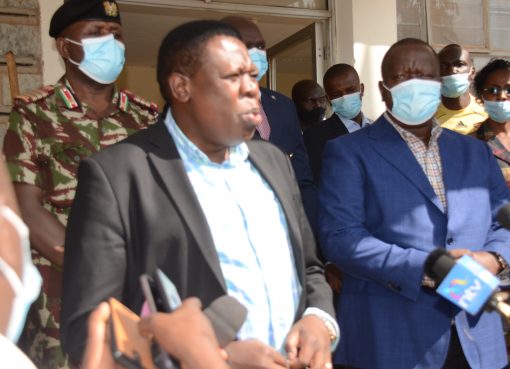The government should establish a full Ministry of Religious Affairs to curb future extremism and false teachings attributed to the massacre of over 300 faithful in Shakahola, Kilifi County.
Similarly, Religious groups have been advised to carry out thorough background checks before letting preachers go flat-out to spread the word.
The recommendations were part of a raft of proposals presented to the Presidential Taskforce led by Prof. Mutava Musyimi when they held a public hearing in Kisumu on Tuesday.
Speakers drawn from religious groupings in the region clearly stated what should be captured in checklists before preachers are sent out.
Supreme County Council of Kenya Muslims (SUPKEM) representative Sheikh Said Juma said any referral or recommendation letter from the mother Church/Mosque should be scrutinised closely.
Sheikh Juma suggested that soon after registration of religious groups, the Registrar of Societies or any other body mandated should make close follow-ups to avoid a repeat of a massacre like the Shakahola one.
“Kenya government has comprehensive requirements before anyone buries the dead and so it goes without saying that someone or some people slept on the job”, he charged.
“How over 309 people could be buried without anyone raising a finger yet the National Security Intelligence (NIS), administrators like chiefs and village elders were on the ground?” he posed.
While the clergymen accused the state for having failed to protect its citizens, the Registrar of Societies was asked to devolve services to counties for closer supervision and monitoring.
However, they called for clear separation of powers between the Church and State with the Church asked to form a common umbrella body to spearhead close monitoring.
Charles Gero, the Deputy Bishop of the Ministry of Repentance & Holiness Church declared that the Church has been the “watchman of the nation”.
However, Bishop Gero added, the Church whose role is to bring peace during crises has forgotten her noble responsibility.
“There are adequate constitutional provisions to control Religious groups from going overboard but complacency on the part of enforcement stood out like a sore thumb”, he stated.
“While the call of faith is divine that of education is based on the efforts of man”, he argued, in an attempt to dissuade those insisting that illiterate preachers be locked out of leadership.
Bishop Gero emphasised that tithes and other offerings belong to God and so any attempt to subject them to taxation is wrong.
By Joseph Ouma




